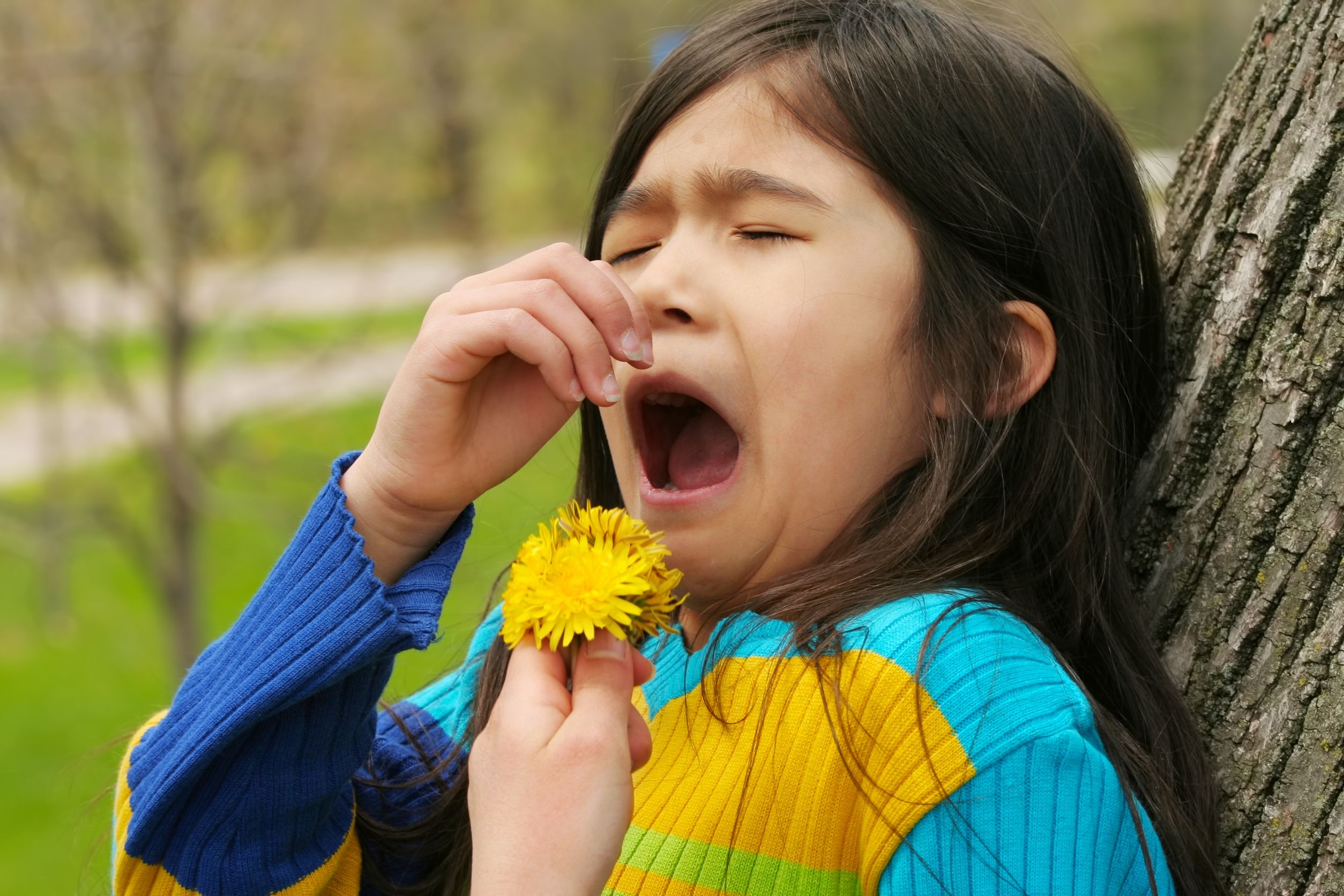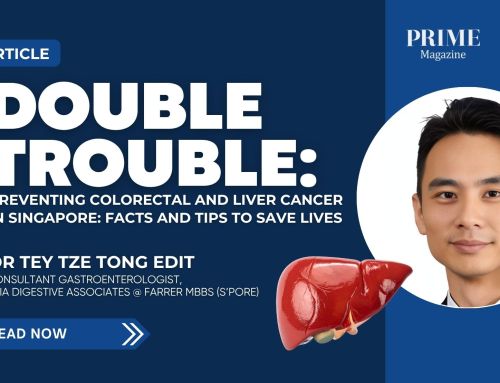The 3 Most Common Allergies — What You Should Know in 2025

woman having sinusitis
That little red spot on your skin or sudden sneeze attack could be more than just a minor annoyance. Allergies are among the most common health issues worldwide, and while they can’t usually be “cured,” they can be effectively controlled with the right knowledge and care.
Allergic diseases happen when the body’s immune system reacts too strongly to usually harmless substances. Left unchecked, some allergies can worsen quickly and even become life-threatening. The good news? With awareness, preventive steps, and timely treatment, most people manage their symptoms well.
Here are three of the most common allergic conditions today:
1. Allergic Rhinitis (Hay Fever)
What it is:
Allergic rhinitis is one of the most widespread allergies. It happens when the nose and airways react to allergens in the air such as pollen, dust mites, pet dander, or mould spores.
Typical symptoms:
-
Repeated sneezing
-
Itchy or runny nose
-
Watery, itchy eyes
-
Nasal congestion that may affect sleep or sense of smell
Latest updates:
-
The mainstay of treatment is intranasal corticosteroid sprays, which work better than tablets for long-term control.
-
Antihistamines (tablets or nasal sprays) are often added to relieve sneezing and itch.
-
Saline nasal rinses help wash out allergens and soothe irritation.
-
For persistent or severe cases, allergen immunotherapy (desensitisation through drops or injections) can reduce symptoms long-term and may even prevent asthma in some people.
What to do: Reduce exposure (e.g., using dust-mite covers, keeping windows closed during high-pollen days) and follow your doctor’s plan for sprays or tablets.
2. Eczema (Atopic Dermatitis)
What it is:
Eczema is a chronic skin condition that causes inflammation, redness, itchiness, and sometimes oozing or thickened skin. It often begins in childhood but can occur at any age. Genetics, immune system sensitivity, and a weakened skin barrier all play a role.
Typical symptoms:
-
Dry, itchy skin that may flare into rashes
-
Red or inflamed patches, often on the face, inside elbows, behind knees, hands, or feet
-
In severe cases, oozing blisters or thickened, scaly skin
Latest updates:
-
Daily moisturising is still the cornerstone of eczema care. Gentle, fragrance-free cleansers help preserve natural oils.
-
Topical corticosteroids or calcineurin inhibitors are used when moisturisers alone aren’t enough.
-
Newer options:
-
Topical PDE-4 inhibitors and JAK inhibitors in certain cases
-
Biologics like dupilumab, now widely available for moderate to severe eczema not controlled by creams
-
-
Antihistamines can help reduce itch, especially at night, but they don’t treat the root cause.
-
Avoid unnecessary food restrictions unless a doctor confirms a food allergy — over-elimination can cause nutritional problems.
What to do: Stick to a skincare routine, avoid triggers (like harsh soaps, heat, stress, or certain fabrics), and see a doctor if flares are severe or persistent.
 3. Anaphylaxis
3. Anaphylaxis
What it is:
Anaphylaxis is the most dangerous allergic reaction. It occurs suddenly and can become life-threatening within minutes. Common triggers include certain foods (like peanuts or shellfish), medications, or insect stings.
Typical symptoms:
-
Swelling of the lips, tongue, or throat
-
Hives, flushing, or widespread itch
-
Shortness of breath or wheezing
-
Drop in blood pressure, dizziness, or collapse
-
Nausea, vomiting, or abdominal pain
Latest updates:
-
Epinephrine (adrenaline) given by auto-injector (e.g., EpiPen) remains the first and most important treatment.
-
Everyone at risk should carry at least one auto-injector and know how to use it.
-
After an episode, medical evaluation is essential because some reactions can return (called biphasic reactions).
-
Updated guidelines also stress awareness of risk factors — like asthma, certain heart medicines, or mast cell disorders — which can make reactions more severe.
What to do: If you or someone else shows signs of anaphylaxis, use epinephrine immediately and seek urgent medical care. Do not delay.
The Bottom Line
Allergies are common, but they don’t have to control your life. Whether it’s hay fever, eczema, or a serious reaction like anaphylaxis, the keys are:
-
Know your triggers
-
Take preventive steps
-
Follow an effective treatment plan
-
Seek medical help early when symptoms worsen
With the right care, most allergy sufferers can lead comfortable, healthy lives. PRIME













